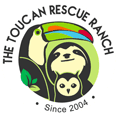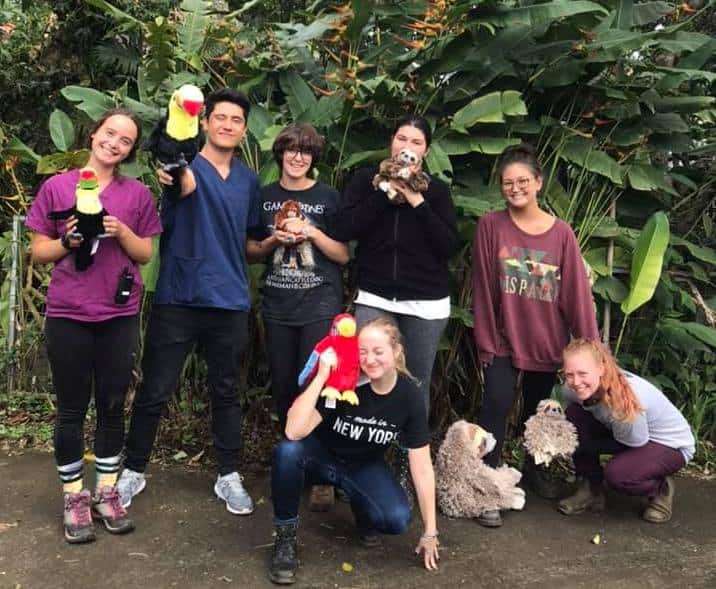Imagine this: You’re planning a fun-filled vacation to Costa Rica with your family, friends, partner, or whoever else you might like to spend a week with.
While creating your itinerary, you’re excited to find there are many rescue centers and sanctuaries to visit. You know Costa Rica has tons of amazing animals to see, like monkeys, toucans, sloths, wild cats, birds, and many more, and you immediately start researching your options. While researching, you look at the pictures to get a better idea of the type of experience you can get while visiting the many different centers, and you see a picture of a tourist cuddling a sloth. What’s your initial thought?
This picture is what we call an animal selfie, and since October of this year it has been illegal in Costa Rica. As wildlife tourism has become a huge component in many different countries’ economies, the demand for wildlife attractions has increased immensely, resulting in animal selfies appearing all over the internet.
An animal selfie can come from all over the world: someone standing with a beautiful scarlet macaw on the beaches of Costa Rica, cuddling a sloth in Colombia, sitting with a tiger in India, or riding an elephant in Thailand. While these are some better-known examples of animal selfies, you can find this type of tourist attraction virtually anywhere in the world now. These types of photos are always taken at the expense of the animals as well as the people engaging with them — however, most people are unaware of this.
The Toucan Rescue Ranch has been a “No Animal Selfie” zone long before the Costa Rica government proposed a law to ban it. More often than not, people ask us if they can hold or cuddle the sloths on our educational tours, because many other rescue centers allow this. We do not. We are a proud rescue and release facility, and it is extremely important for the livelihood of the animal that they are not handled or treated as a pet so they can develop and nurture their wild behaviors. Even if it seems harmless, the interference of people becomes a problem over time as the animals slowly forget their natural behaviors.
The Toucan Rescue Ranch has always believed that taking an animal selfie sends the wrong message about who we are and what we believe in. People getting close to a wild animal, sacrificing the safety of the animal and themselves, and getting the animal to habituate to humans (which definitely won’t help them in the wild) all for a picture is not what we believe in here!
If you need more convincing than that, here are five ways that animal selfies are harmful:
- You put your safety at risk when getting close to a wild animal. Whether you are in a rescue facility or in the rainforest, a wild animal can harm you with a bite, sting, scratch, etc. — some of which can be deadly.
- You risk passing on harmful diseases or bacteria to the animal. You also risk contracting a harmful disease or bacteria from the animal.
- You may need to give the animal food to get them close to you. Feeding a wild animal puts you in danger and also teaches it that it no longer needs to be capable of finding its own food in the wild. This dependency is fatal. Additionally, processed foods contain ingredients that can be incredibly harmful to all wildlife.
- Constant animal selfies will habituate the animals to the presence of people. Wild animals or animals released back into the wild that are used to humans often migrate to places where there are people such as towns and cities, which can get them killed.
- Frequent contact with humans also creates a situation in which wild animals become more susceptible to poaching, due to the comfort they develop in the presence of people.
We believe in giving wild animals the wildest experience possible during their care here at the Toucan Rescue Ranch.
Thanks to the dedication of founder Leslie Howle, our veterinarians, staff, volunteers, and interns, every animal that comes to our door is given a second chance due to these fundamental rules. As a result, we have released 127 animals as of November! I don’t know about you, but I think that number is a lot cooler than any animal selfie.
— Ally Chamberlin is a Marketing Intern at Toucan Rescue Ranch.

This article was produced by The Toucan Rescue Ranch. The Toucan Rescue Ranch specializes in helping wild animals recover so that they can be reintroduced into the wild.






